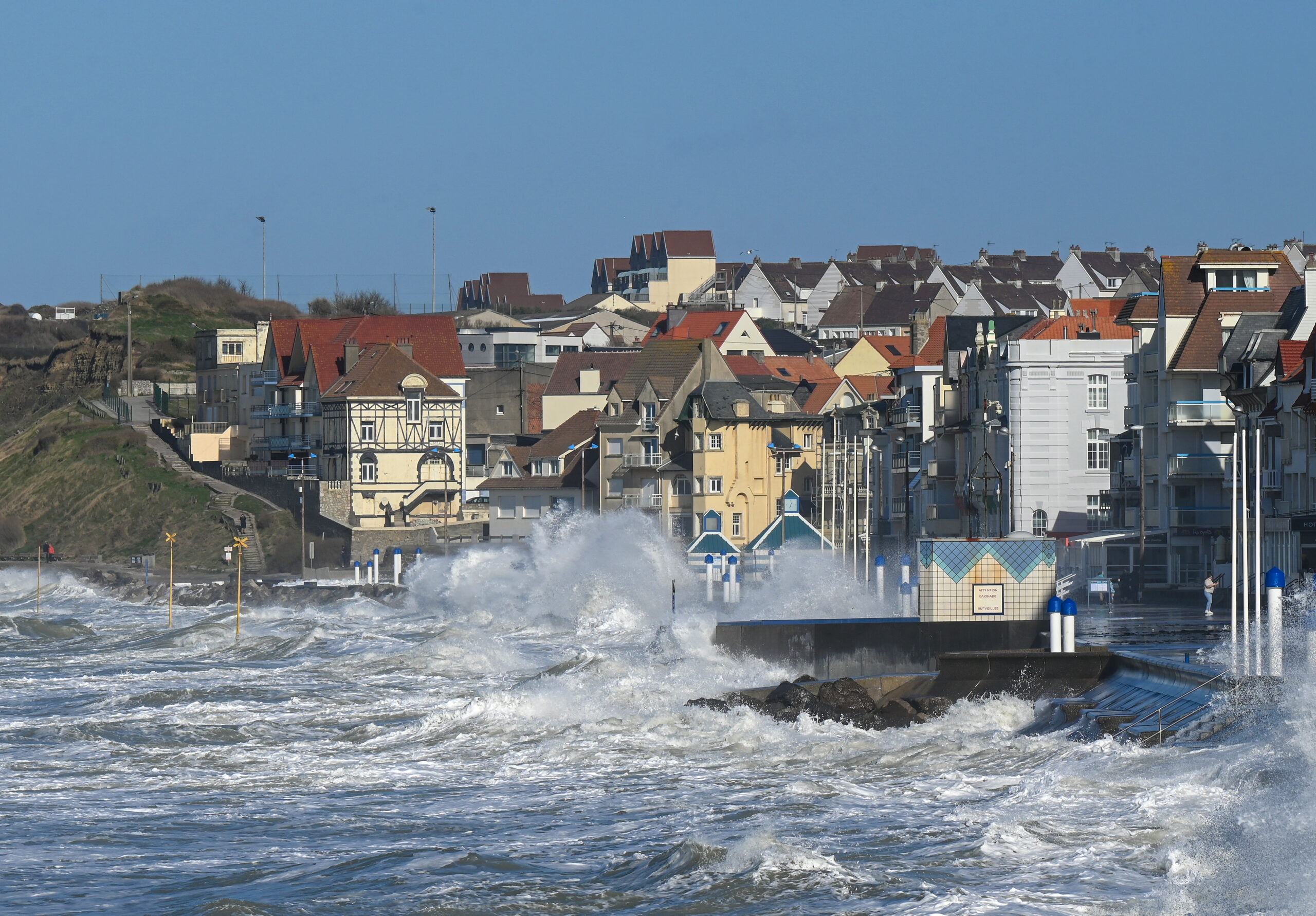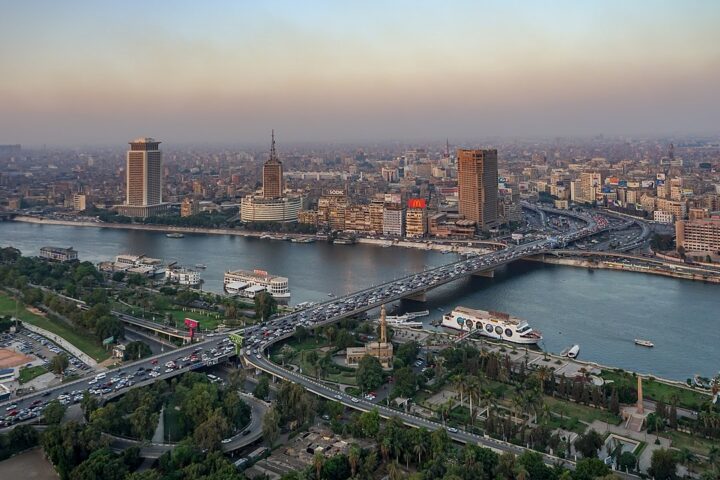Cities are particularly vulnerable to physical climate risks, given their geography and topography, and because they include high concentrations of people, wealth, assets and infrastructure, accounting for around 80% of global GDP.
The global ramp-up in adaptation planning by cities to increase resilience to physical climate risks will provide long-term credit support.
However, tracking the implementation of these plans and the expenditure dedicated to them is hard, given a lack of standardised data and reporting.
A Moody’s analysis report includes case studies of adaptation planning by several major cities, including New York, Barcelona, Cape Town, Medellin and Shanghai, outlining how their innovative approaches are tailored to their individual circumstances.
Cities are on the front line of physical climate risks. As well as being particularly vulnerable to climate change, cities are often the primary bodies responsible for the essential services that require effective adaptation, including water, energy, waste, housing and transport.
To adapt effectively to climate risks, cities need to increase their infrastructure’s resilience and their citizens’ adaptive capacity to maintain a robust economy.
The global ramp-up of adaptation planning will support long-term credit quality. Although mitigation is typically the focus of cities’ climate action, with many global cities now having net zero targets, adaptation is steadily rising up their priority list.
Progress in adaptation planning is important for credit strength because it supports the sustainability of cities’ economic growth and fiscal performance and demonstrates effective governance and management of risk. However, tracking progress remains difficult, particularly in identifying the amount of expenditure dedicated to adaptation. More widespread adoption of climate/green budgeting may make this easier over time.
The changing nature of climate risks, regulation and policy, and access to finance hampers progress on implementation. Faster progress on plans will involve climate-friendly policies, tighter regulation and better access to finance. For cities in emerging markets, in particular, a lack of budgetary capacity poses hurdles to progress on adaptation.
First published by Moody’s Investor Service










